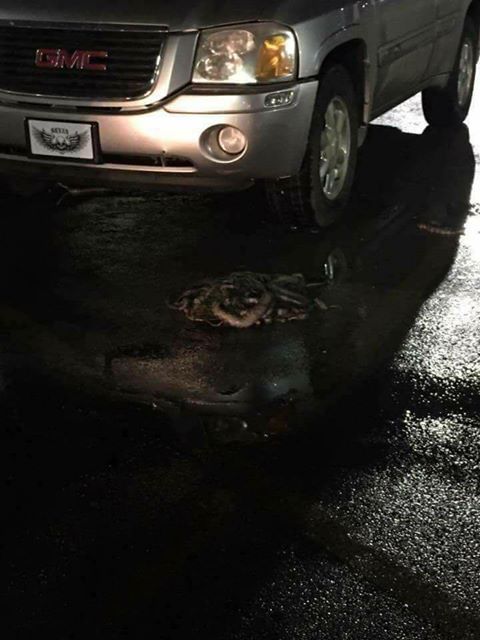Zone 7 Vegetable Planting Calendar/Schedule
| Zone | First Freeze Free Date | Last Freeze Free Date |
| 2 | July 30 | August 15 |
| 3 | July 15 | September 1 |
| 4 | June 15 | September 15 |
| 5 | May 30 | October 1 |
| 6 | May 15 | October 15 |
| 7 | April 15 | October 30 |
| 8 | March 15 | November 15 |
| 9 | February 1 | November 30 |
| 10 | Rare | December 15 |
To get the most out of your vegetable garden, you need to do a little planning. Knowing when to start your seeds and transplant them outdoors will help to maximize your harvest. There are no hard rules for this, it is dependent on the climate for your particular area, as well as the weather at the time.
These charts were created as a guidelines; a starting point if you will. You should adjust the planting dates relative to your particular area, and the specific variety of vegetables going into your garden. The exact values may be slightly off (~2 weeks) for your particular zone. See the chart (on right) to view the average dates of first and last freeze (low temperature reaches 32 degrees Fahrenheit) for each zone. If you don't know what zone you live in, you can check the zone below, or you can find more specific information at the website from the National Climatic Data Center (NCDC). The reports from the NCDC provide summarized data for many cities across your state, and will provide data much more specific to your particular area.
The Vegetable Garden Planting Calendar below will help you plan if and when your seeds should be started indoors, when to start or transplant your seeds/seedlings to the outdoors, and roughly when to expect to harvest your seeds. Each vegetable has a variety of types, each one with a slightly different growing season, and length. In general, the information listed on your seed packets, will be more accurate, and should be followed if there is any discrepancy. The chart below is intended to assist in scheduling garden events, as well as selecting complimentary garden vegetables for growing in your garden. For example, once the onions are harvested in the late summer, a quick growing cool weather crop such as lettuce, spinach, or beets could easily be grown where the onions once were. This allows an additional set of vegetables to be grown from the same garden plot.
http://veggieharvest.com/calendars/zone-7.html





